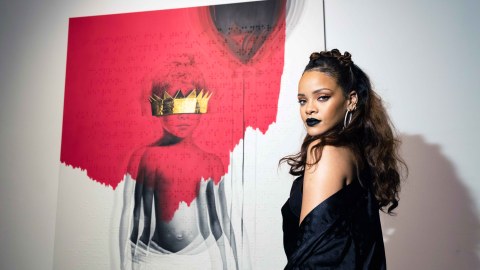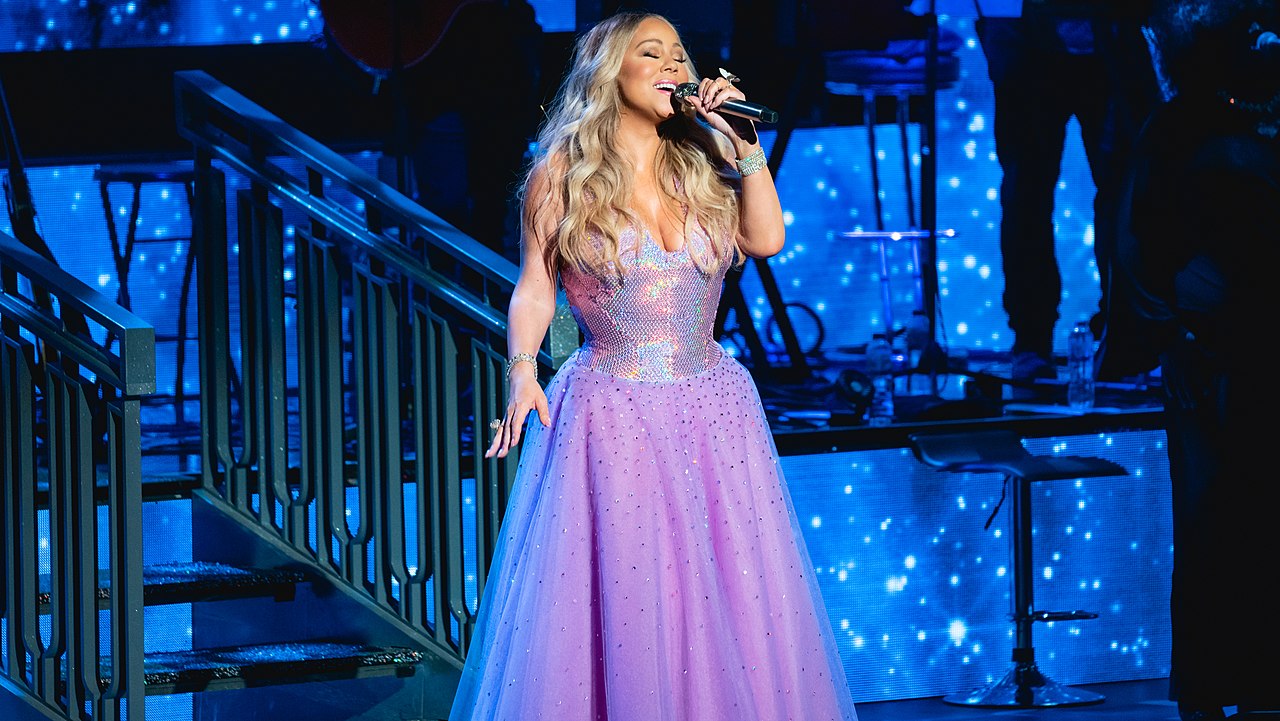Music Is Not Always Universal

Telling the stories of our lives, weaving dreams of lives we wish we had, and bringing back memories in a rush, music is a powerful force. We, as consumers, are primarily concerned with the application of the lyrics to our lives and danceability of the track. Our common responses to music have led us to believe that it is universal, but what if it isn’t? What if music, in its genre distinctions, history, and evolution, are as divided as we are by societal constructs like gender and race?
We can look at the world of rock ‘n’ roll, and the role of Elvis Presley for an early and persisting example. While he popularized the genre and profited greatly, it is often argued that Elvis’ career was built on the backs of black pioneers like Fats Domino, Big Bill Broonzy, Big Joe Turner, and Lloyd Price. Muddy Waters once commented on the similarities between his Hoochie Coochie Man and Elvis’ Trouble, suggesting that his style was being copied.
In fairness, there is no record of Elvis lying about inventing rock ‘n’ roll.
“A lot of people seem to think I started this business, but rock n roll was here a long time before I came along. Nobody can sing that kind of music like colored people. Let’s face it: I can’t sing like Fats Domino can. I know that.”
He credited spirituals and rhythm and blues, noting that he explored them and developed his own interpretation. His privilege as a white man gave rock ‘n’ roll music the commercial appeal that black artists would not achieve. Today, however, rock ‘n’ roll is largely seen as “white people music” – though the genre name itself is black slang for having sex – and there is a strong reaction when it is explored by black artists. Rock ‘n’ roll was an underground pleasure, much like many other aspects of black culture in the early-to-mid 1900s. It’s easy to see how it is offensive to the black community that Elvis Presley is hailed the “King of Rock ‘n’ Roll” when he admitted that he did not invent it, and circumstance – not talent – put him in a position to popularize it rather than the originators.
“The colored folks been singing it and playing it just like I’m doin’ now, man for more years than I know. They played it like that in the shanties and in their jukee joints, and nobody paid it no mind ’til I goosed it up. I got it from them.”
Decades later, music has evolved many times over, but brings with it some of the same controversial issues. Now, at a time where racial tensions are high and cultural appropriation is more easily recognized, the critique of artistry, musicianship, and ownership has reached a new depth. R&B, Hip hop, and reggae have entered the mainstream world, winning Grammy awards, debuting at number one, and making the world – especially North America – dance. As the host country of the music industry in the western world, the USA imports talent and exports their music. A predominantly white country, it becomes problematic when the nation claims to own or have rights to the creativity and fortune of the artists and their work.
Rihanna released ANTI – her eighth studio album – on January 28, 2016, and it was certified platinum within two days. Work, the first single from the album, has been its champion. Equally praised and ridiculed, the song is largely misunderstood – in lyric and vibe – because the mix of Barbadian creole and Jamaican patois is unfamiliar to the untrained American ear. In the midst of this, her release of two music videos for Work took the excitement and appreciation for Work – by the people who understand it best – to new heights.
The Afro-Caribbean community gave a collective standing ovation to Rihanna in thanks for her acknowledgment and homage to her West Indian roots. Unfortunately, music critics and fans alike missed the boat and, without investigation or exploration, reduced Work to nonsensical noise, frequently referring to the lyrics as “gibberish”. Rihanna and Work have been the butt of countless internet jokes, most of them offensively inappropriate. One radio station recorded staff members – all white – reading the song lyrics. They stumbled over and laughed at the words, questioned the intelligence of the songwriter (PartyNextDoor – a Canadian of Jamaican descent signed to Drake’s OVO Sound), and suggested the song should not be played on the radio. Why didn’t anyone stop to think that maybe these white Americans were missing something about the single by a black woman from Barbados?
While negative reviews are par for the course in the music industry, regardless of record sales and accolades, the nature of the critique points to cultural insensitivity and racist undertones. It is important to note that racism is not always an easily defined, intentional act, but manifests itself in institutions and constructs of society. The uninformed responses to Work ridiculed not only a song, but a language, a culture, and a history of people who continue to suffer the effects of slavery and colonization. It is this history that created the unique versions of “broken English” indigenous to each Caribbean nation.
From Hanson’s 1997 hit Mmmbop to Psy’s 2012 party jam Gangnam Style, North America has readily embraced music with playful, nonsensical, and foreign language. Why is the reception of the aforementioned songs and Rihanna’s Work so polarized? Could it be that we are only comfortable with music that is made by us – however we define ourselves – or for us? Mmmbop clearly flew on the wings of preadolescent girls all too happy to have a boy band to fawn over, much like the wide acceptance of Justin Bieber’s Baby – at least 25% “baby.”
The success of Gangnam Style falls into a different category. K-pop has slowly increased in popularity beyond the borders of Korea. Created by people of another race, is it possible for the fascination with this style of music, and Gangnam Style in particular, be a sign of something deeper and less innocent than we think?
Gangnam Style is a dance hit in its own right, but was carefully packaged for wide appeal with catchy phrasing, hypnotic beat, and a flexibility that lends itself to endless remixes for techno-lovers. In addition, it has a music video with one key element – dance. No one is left to flail, trying to invent new ways to capitalize on beat. There is a specific dance, easy to mimic, that distracts from the fact that most people do not understand the lyrics. This market craves belonging, and if doesn’t come through understanding, there has to be something higher on the hierarchy of belonging to compensate. In this case, it is proficiency and competition. Can you learn the dance, perform it, and be better at it (or more fun to watch doing it) than the person next to you? The easy dance is not a new tool. It was successfully used by Los Del Rios in Macarena.
One week after Work hit the internet and radio, Beyoncé released Formation followed closely by her SuperBowl performance. While Work received harsh critique for unfamiliar dialect, Formation was slammed with wild accusations of being anti-cop. It proved the need for the American people to be catered to by every artist and everything they produce. Does music lose its universality when it addresses issues with which we can’t identify, or espouses views contradictory to our own? It seems to be beyond the comprehension of the majority that anything could be within their reach without being specifically for them. When is it okay for people to acknowledge their inherited, lived, and transformative culture? When is it appropriate for people to create something for a specific group of people that may not include the majority?
We love the idea that music is universal, and removes barriers of all kinds. Unfortunately, we still haven’t let go of the idea that English is the default, white is the default, and capitalism rules all. For as long as people of color are discouraged from creating the way white people are encouraged to create, and for as long as people of color struggle to innovate what white people appropriate and popularize, music cannot be universal. When people speak, sing, or dance in an expression of the past, an idea for the future, or the current state of affairs, can we drop our demographic markers for universality, or step back and give the space to those for whom it is intended? Does it have to be one or the other?
Music is personal, cultural, historical, and segmented. Artists and consumers alike believe in the power of tracks and lyrics to communicate and share ideas, feelings, and stark realities, but we all need to be open to those conversations, however uncomfortable they make us. That may be what it takes for music to be truly universal.
—





